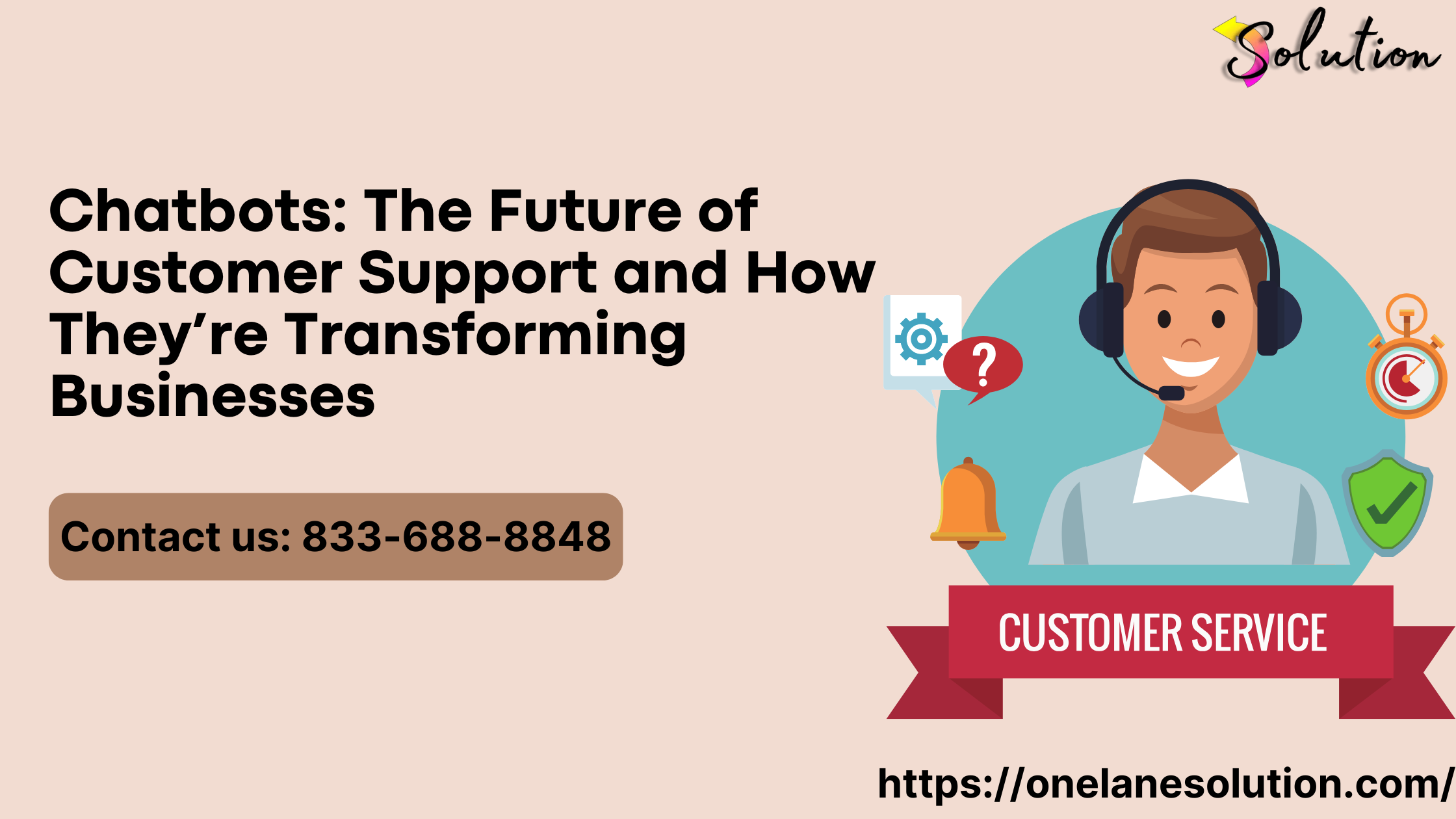
The integration of Artificial Intelligence (AI) into customer support has already revolutionized the way companies interact with their customers. However, as we move into a The Future of Customer Support, the evolution of support is just beginning. In this new chapter, AI becomes the norm, not the novelty—and customer expectations continue to rise. To succeed in this landscape, businesses must go beyond basic automation and embrace empathetic, intelligent, and hyper-personalized support experiences.
The AI Foundation: Where We Are Now
Today’s customer support landscape is built on powerful AI technologies that enable:
-
Chatbots that resolve basic queries 24/7
-
Natural Language Processing (NLP) that understands tone and intent
-
AI-assisted agents that receive real-time recommendations
-
Predictive analytics to anticipate customer needs
This is the foundation of AI in support—but it’s just the beginning. The post-AI world is one where AI isn’t the differentiator—it’s the baseline.
From Automation to Augmentation: Elevating the Human Touch
In the post-AI world, success will come not from eliminating humans, but from augmenting them. AI will handle repetitive tasks, while human agents will be empowered to focus on complex, emotional, and strategic interactions.
Augmented Agents Will:
-
Receive instant access to full customer history and sentiment data
-
Be guided by AI-driven suggestions, not scripts
-
Use AI tools to craft empathetic, personalized responses
-
Solve issues with speed and emotional intelligence
The goal isn’t to replace people—it’s to elevate their performance and allow them to focus on what they do best: being human.
Hyper-Personalization at Scale
In a post-AI world, personalization will evolve into hyper-personalization. With deep learning and real-time behavioral data, support systems will adapt dynamically to each individual customer.
What That Looks Like:
-
Support tailored to mood and sentiment, not just demographics
-
Dynamic interfaces that change based on customer behavior
-
Context-aware bots that know when to escalate to a human
-
Personalized content delivery during interactions (videos, guides, tutorials)
Hyper-personalization builds loyalty because it makes customers feel truly seen and understood.
Proactive and Predictive Support as Standard
In the next era, support won’t wait for problems to arise. With predictive analytics and IoT data, companies will be able to detect and resolve issues before the customer even realizes there’s a problem.
Examples of Proactive Support:
-
Notifying users of upcoming product outages or updates
-
Offering custom usage tips based on behavior
-
Sending alerts about billing changes or service issues
-
Flagging churn risk and offering incentives to re-engage
Proactivity reduces frustration, builds trust, and turns support into a strategic advantage.
Emotionally Intelligent AI: The Next Leap
The future of customer support hinges on emotional intelligence, and AI is evolving to understand and respond to human emotions.
Emotionally Intelligent AI Can:
-
Detect frustration, confusion, or satisfaction from tone and language
-
Adjust communication style in real-time
-
Escalate sensitive issues to human agents
-
Offer empathetic responses without sounding robotic
The goal is to make AI feel less artificial and more aligned with human communication norms.
Decentralized, On-Demand Support Models
As the world moves toward remote work and decentralized business models, customer support will follow. Future support systems will become more on-demand, distributed, and flexible.
What This Means:
-
Support agents working remotely from around the world
-
Decentralized contact centers supported by cloud infrastructure
-
On-demand gig workers handling tier-one support through secure AI tools
-
Customers accessing peer-to-peer support networks built on trust
Support will no longer be a centralized department—it will be a fluid, adaptive function integrated throughout the customer journey.
Voice and Visual Support Will Take Center Stage
In the post-AI world, voice interfaces and visual communication tools will become standard in customer support.
Voice and Visual Trends:
-
AI-powered voice assistants handling complex queries in natural language
-
Visual self-service tools (like screen-sharing, AR overlays, and video tutorials)
-
Real-time co-browsing and guided navigation for troubleshooting
-
Multilingual voicebots with regional accents and cultural sensitivity
This evolution enhances accessibility, comprehension, and customer satisfaction—especially for non-text-preferred users.
The Humanization of Technology
Even as AI advances, the future of support will see a strong push to humanize technology. Customers crave genuine connections, and future support systems must reflect that desire.
Human-Centric Innovations Will Include:
-
Digital assistants with distinct personalities
-
Story-driven support interactions that feel conversational
-
Transparent AI use that builds trust (“Here’s how I got this result…”)
-
Real-time emotional feedback loops
The aim is to blend intelligence with authenticity, so every support experience feels uniquely tailored and emotionally attuned.
Redefining Metrics for the Future
In the post-AI world, traditional support metrics like “average handle time” or “ticket count” will become less relevant. The focus will shift to experience-driven KPIs, such as:
-
Customer Effort Score (CES)
-
Sentiment-based satisfaction tracking
-
Resolution effectiveness
-
Emotional engagement level
These future metrics align more closely with what truly matters: the customer’s perception of care, competence, and connection.
Read Also:– The Power of Customer Reviews
Conclusion: The Future is Human-AI Harmony
In a world where AI is everywhere, the real differentiator is how you use it. Future-ready customer support won’t be about replacing people—it will be about blending human empathy with machine intelligence to deliver seamless, proactive, and emotionally intelligent service.
The companies that lead in this post-AI world will be the ones that treat support not as a cost, but as a core experience, infused with purpose, empathy, and innovation.